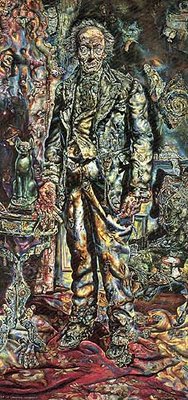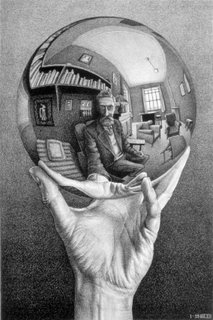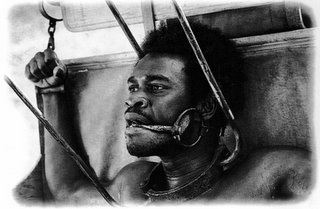This is just one of my favorite things

Each personality contributes, in its own special way, with its own special aptitudes and lessons to learn, consciously or unconsciously, to the evolution of its soul. The life of a mother, a warrior, a daughter, a priest; the experiences of love, vulnerability, fear, loss, and tenderness; the struggles with anger, defiance, emptiness, and jealousy —all serve the evolution of the soul. Each physical, emotional and psychological characteristic that comprises a personality and its body—strong or weak arms, dense or penetrating intellect, happy or despairing disposition, yellow or black skin, even hair and eye color—is perfectly suited to its soul’s purpose.
The five-sensory personality is not aware of the many other incarnations of its soul. A multisensory personality may be conscious of these incarnations, or experience them, as its own past or future lives. They are in its family of lives, so to speak, but they are not lives that it, itself, has lived. They are experiences of its soul.
From the point of view of the soul, all of its incarnations are simultaneous. All of its personalities exist at once. Therefore, the release of negativity that occurs in one of the soul’s incarnations benefits not only itself, but all of its soul’s other incarnations also. Because the soul, itself, is not confined to time, the past of a personality, as well as its future, is enhanced when a personality releases currents of fear and doubt. As we shall see, the release of negativity by a personality benefits a great many other dynamics of consciousness as well. Some of these can be perceived by the five-sensory human, but appear to him or her neither as dynamics of consciousness, nor as related to his or her inner processes, such as the consciousness and evolution of his or her sex, race, nation and culture. Others extend far beyond the perceptual ability of the five-sensory human. A conscious lifetime, therefore, is a treasure beyond value. The personality and its body are artificial aspects of the soul. When they have served their functions, at the end of the soul’s incarnation, the soul releases them. They come to an end, but the soul does not. After an incarnation, the soul returns to its immortal and tinieless state. It returns once again to its natural state of compassion, clarity and boundless love. This is the context in which our evolution occurs: the continual incarnation and reincarnation of the energy of the soul into the physical arena, into our Earth school. Why does this happen? Why is it necessary even to speak of personalities and souls? The incarnation of a soul is a massive reduction of the power of the soul to a scale that is appropriate to a physical form. It is a reduction of an immortal Life system into the framework of time and the span of a few years.

IMAGE
Peter Davie


















